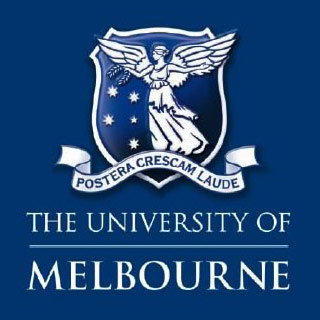
Though the study remained focused on an uncommon form of epilepsy, this discovery may be beneficial for other forms of genetic epilepsy as well as several genetic diseases too. The study encompassed a limited group of people who have an identical twin with a form of epilepsy known as Dravet’s syndrome. It was a common belief that new mutations for epilepsy and other diseases take place in the sperm or egg cells of the parents. But having examined identical twins, authors observed that mutation can also occur immediately after fertilization.
Professor Berkovic, Director of the Comprehensive Epilepsy Program at Austin Health and Epilepsy Research Centre at the University of Melbourne and lead investigator on the study, and colleagues suggested that a test can be developed to confirming the absence of mutation in germ cells of the parents. There is a possibility that siblings of a child with a disease caused by genetic mutation passes it on to their own children. Study findings seem to be useful for children of people with other genetic diseases as such ailments can be caused by genetic mutation in an embryo rather than in germ (sperm or egg) cells of the parents.
The study was published in the New England Journal of Medicine.
